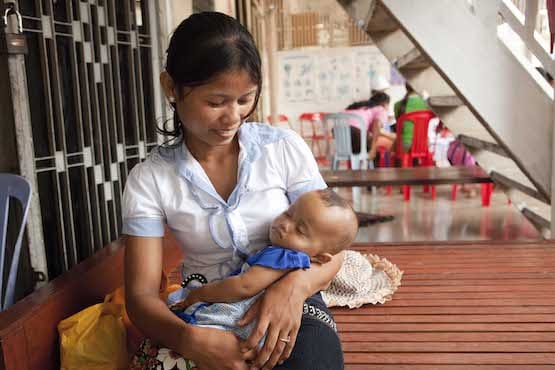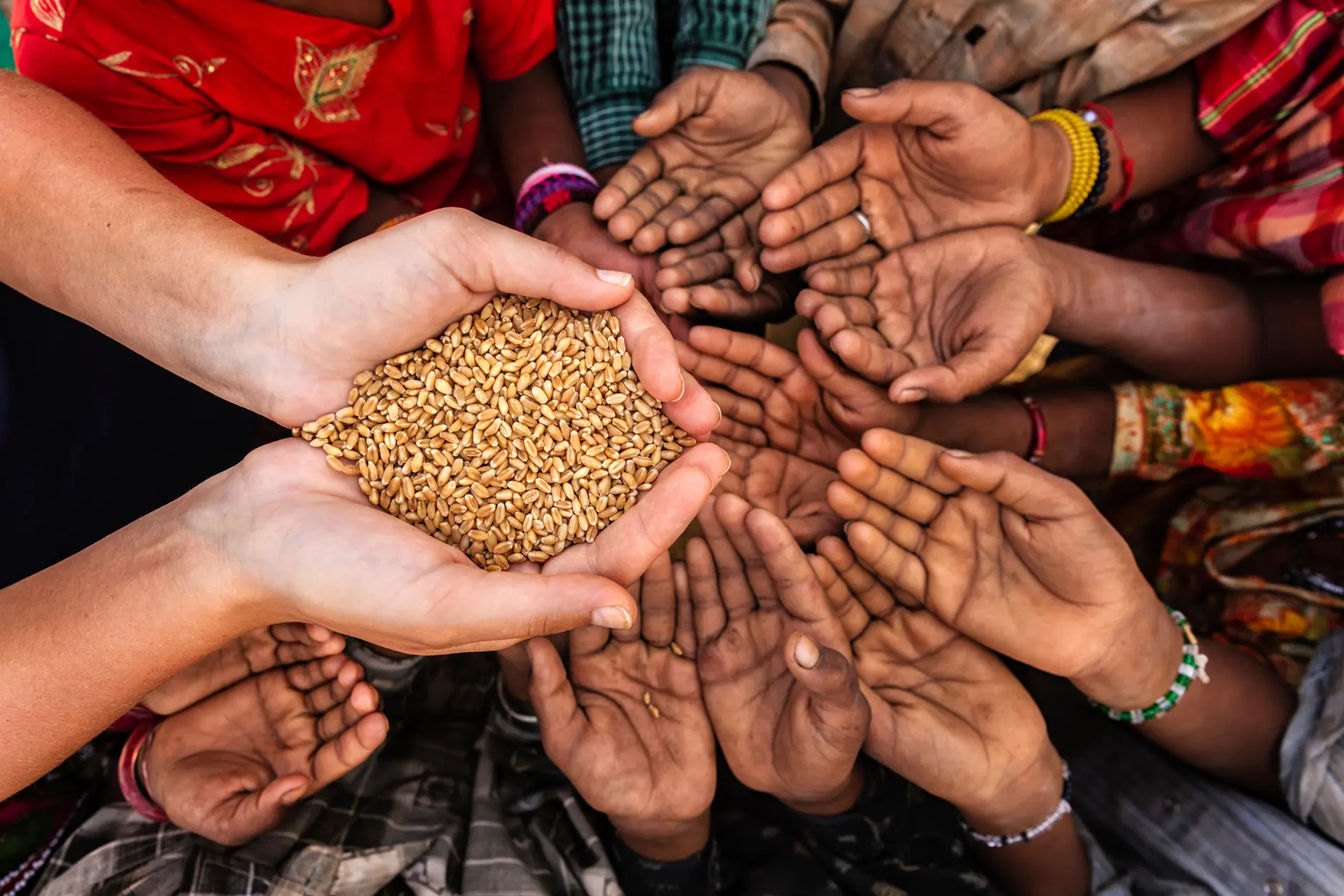This piece is reprinted courtesy of Project Syndicate, where it appeared on December 11, 2019.
A decade ago, I wrote The Life You Can Save: Acting Now to End World Poverty. This month, a fully revised Tenth Anniversary edition was published, and is available, free, as an audiobook. The chapters of the audiobook are read by celebrities, including Paul Simon, Kristen Bell, Stephen Fry, Natalia Vodianova, Shabana Azmi, and Nicholas D’Agosto. Revising the book has led me to reflect on the impact it has had, while the research involved in updating it has made me focus on what has changed over the past ten years.
The book argues that for middle-class people living in affluent countries, abiding by the traditional moral rules against lying, stealing, maiming, or killing is not enough. Living ethically in today’s interconnected world involves helping people who, through no fault of their own, are suffering in ways that we could easily prevent or alleviate.
The book influenced many readers to change their lives. Among them was Cari Tuna, who with her husband, Dustin Moskovitz, a co-founder of Facebook and Asana, created a foundation aimed at doing the most good possible with the billions of dollars they have given it. They have provided funding to GiveWell, enabling it to expand its team of researchers rigorously assessing charities to find those that save or improve lives the most per dollar.
Charlie Bresler was at the peak of his career in the retailing industry when he picked up a copy of The Life You Can Save. Reading it awoke a deep-seated dissatisfaction with work that, for all its financial rewards, did not really accord with his fundamental values. At that time, the book had spawned an organization, also called The Life You Can Save, but it had no full-time staff and wasn’t accomplishing much.
Charlie contacted me with an offer: he was willing to take on the task of building up the organization into something that would effectively spread the ideas contained in the book. What made the offer too good to refuse was that he didn’t want to be paid for his time – in fact, Charlie and his wife Diana have been substantial donors to The Life You Can Save. As a result, the organization is now directing many donors, and millions of dollars, to the most highly effective non-profit organizations.
What has happened to extreme poverty in the decade since the first edition was published? To answer this question, let’s first ask what extreme poverty is. As defined by the World Bank, to be in extreme poverty is to lack sufficient income to meet one’s basic needs and those of dependent family members. The 2009 edition of my book refers to 1.4 billion people living below this line. The good news is that, despite a steadily increasing world population, that figure has been nearly halved, to 736 million.
That encouraging drop in extreme poverty is paralleled by another, perhaps even more significant figure. Each year, the United Nations Children’s Fund (UNICEF) publishes its estimate of the number of children dying before their fifth birthday. Most of these deaths are related to extreme poverty and its consequences, including malnutrition, lack of clean water and sanitation, diseases such as malaria, and the absence of even minimal health care. In the first edition, the most recent estimate of child deaths was 9.7 million. Now it is down to 5.4 million.
To put that extraordinary success in perspective, suppose that an Airbus A380, with a child in every seat, is about to crash, killing everyone on board. Somehow, with great skill, the pilot manages to land the plane safely. The story would be all over the media, and the pilot would be touted as a hero.
Now, imagine that the pilots of 21 fully laden A380s have informed air controllers that they are likely to crash. As the news quickly spreads, people become aware that more than 10,000 children could be killed. We would all be glued to the latest reports, hoping that at least some of the children would be saved. What a sense of relief we would experience if, somehow, they were all saved!
Well, that is approximately the number of children – 11,780, to be exact – whose lives have been saved, and are being saved, every day, by the reduction in child mortality over the past ten years.
Not all of this gain is the result of aid. Much of it has been brought about by economic growth, especially in China and South Asia. But aid, when it is well thought out, carefully implemented, and, most important, independently tested and verified in the field, plays an important role. It can, at extraordinarily low cost, save lives, prevent or cure blindness, improve nutrition, give children an education, and enable people to start small businesses.
To learn how you can play your part in helping people in extreme poverty, get your free edition of The Life You Can Save now at https://www.thelifeyoucansave.org/the-book/.



